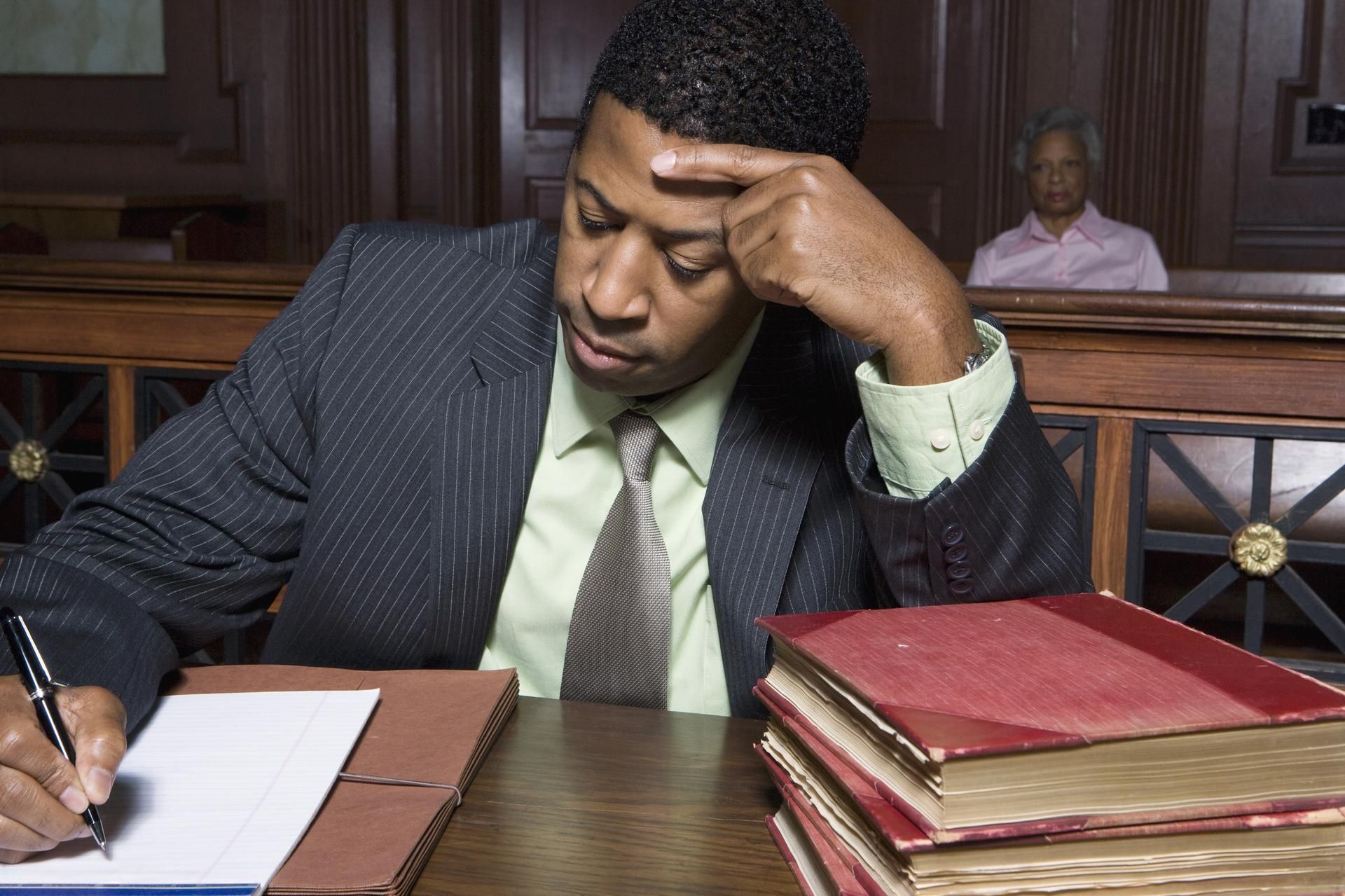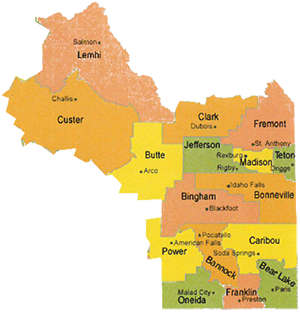6 Questions to Answer When a Neighbor Causes Water Damage
Has your house or property been damaged by surface water coming from a neighbor's property? Water-based disputes are complicated, and getting compensation for damages requires effort. But you can prevail and get some form of relief by understanding the basics of this type of legal dispute. To help you get started, read on to learn a few of the most important questions to answer.
1. What Are Your State's Rules?
First, it's important to know that each state has its own set of rules regarding how water damage between neighbors is viewed.
There are generally two schools of thought when it comes to how responsible a person is for water that comes from their property. Some states view surface water as a natural, or common, enemy that all landowners are responsible to deal with on their own property. The second approach, holds property owners responsible for any damage caused by water coming from their property.
Many states now follow a compromise approach known as reasonable use. Reasonable use specifies that a landowner has the right to reasonable use of their own land but may be held liable when damage caused to others is unreasonable. Understanding where your state falls in all these legal ideas is key to building a good case.
2. Is the Water Naturally Occurring?
Water flows in natural ways, of course. A neighbor who lives downhill from another is always more likely to face water runoff due to natural forces like gravity. So, when rain floods the lower land, the uphill neighbor is generally not responsible for fixing the problem or paying for the damage.
However, what if the uphill neighbor regrades their land in a way that causes much more water to flow down to the lower property? Because the problem is now manmade rather than just natural flow, the lower neighbor may have a case for damages.
3. Did a Neighbor Act Negligently?
Negligence is a huge factor when it comes to suing for water damage. Negligence can occur throughout the design and construction of structures or landscaping changes. It could be a pool that was poorly designed and leaks. Perhaps a landscape contractor cut corners in site preparation, or a neighbor didn't get a proper permit. Or maybe they failed to properly insulate pipes during winter.
If the property owner acted negligently, their alterations probably won’t be considered reasonable. Even if the addition of a pool is a reasonable use of a person's private property, failure to build a safe pool can change that into an unreasonable use.
4. Was the Neighbor Malicious?
Were the property owner's actions intentional or malicious? This can be difficult to prove, as it involves delving into emotions and motivations. Most neighbors don't intentionally cause damage to other people's property, but it can happen, and it may be very serious when it does. It may not even be the first incident between you and your neighbor.
If you suspect that your neighbor intentionally caused flooding damage to your home or yard, contact an attorney before pursuing the matter. Neighbor disputes can escalate quickly, and professional intermediaries are often the safest route when bad intentions are involved.
5. Were the Changes Necessary?
When a court considers the question of whether some alteration to a property falls under the category of reasonable, it looks at a few key factors. First, were the changes necessary and important? If the neighbor had to divert water away from their home's foundation, resulting in more water falling on your property, the court may find that the grading changes were reasonable.
Second, how foreseeable were the consequences of some action? If the neighbor built a drain that ends next to your yard and causes water to back up under your foundation, it could be obvious that they knew flooding would be the result. And third, the court may consider how much damage was caused and how much improvement was added to the perpetrator's property.
6. How Can You Determine Damage?
Even if you can demonstrate that your neighbor is at fault for water damage to your home, what can you expect to receive in compensation? Generally, you can seek things like the following:
- The cost to repair or replace damaged property
- Treatment of any injuries caused by the flooding
- Extra costs for living expenses if you have to vacate
- Punitive damages if the harm was intentional
The amount of awards may be affected by payments from your insurance company or that of your neighbor. However, if your insurance pays you for any of these costs, they may also seek reimbursement from the other party or their insurance carrier.
Where to Start
Do you have a surface water dispute with a commercial or residential neighbor? Start by learning more about these cases in Idaho by consulting with Hart Law Offices, PC. We'll work with you to identify the causes of your damage, build a case against anyone liable, and seek the right damages. Call today to make an appointment.
Contact Information
Phone: 208-524-3272
Fax: 208-524-3619
Email: mstewart@hartlawif.com
Address:
482 Constitution Way, Ste 313,
Hours of Operation:
- Mon - Fri
- -
- Sat - Sun
- Closed
Weekends and after office hours by appointment only.
Closed For All Federal Holidays



















